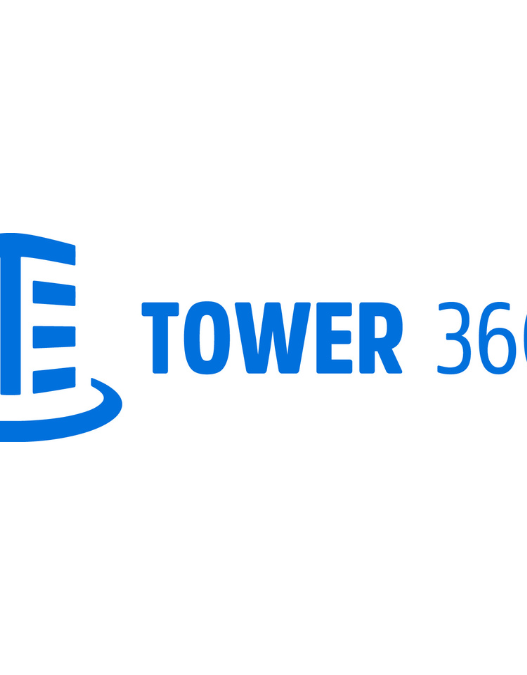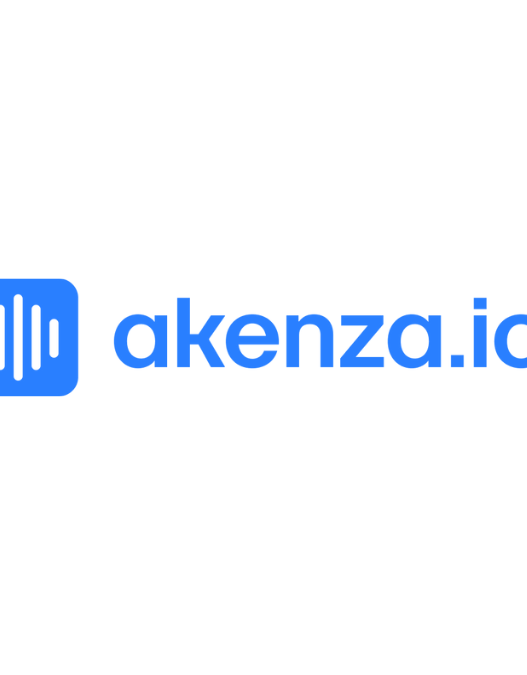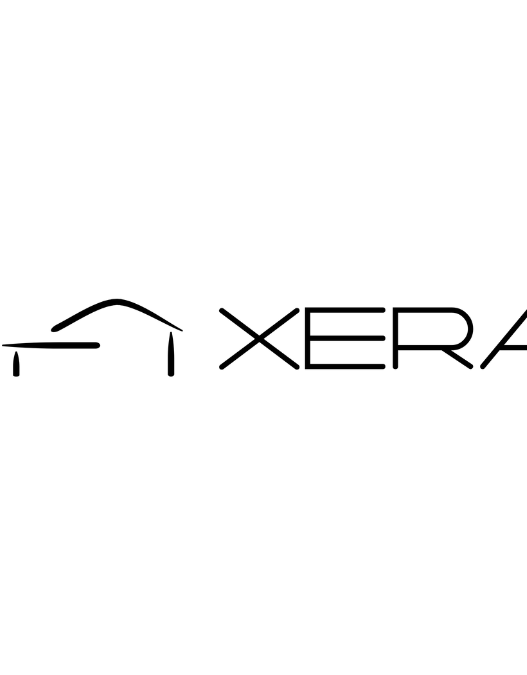By Callum Board
Global Client Success Director at REdirect Consulting
Technology and digital solutions have become an integral part of our daily lives, impacting how we work, interact, socialize and communicate with our loved ones. The business world is no exception, with products, services and everyday processes constantly evolving due to continuous advancements in technology.
The real estate industry has been slower to digitise compared to other sectors, but is now beginning to realise the full benefits of digital transformation. In 2021, investment in the UK property tech industry reached record levels, in fact increasing more than fourfold year-on-year. As a result, the property tech industry has seen significant growth over the past few years, with a range of technologies being introduced, from AI and automation to digital systems, to streamline processes and enable organisations to become more efficient than ever before.
REdirect Survey Reveals Increased AI Adoption
Earlier this year, REdirect partnered with the UK Property Tech Association (UKPA) and the British Property Federation (BPF) to conduct a survey on technology and innovation. The findings of this report are based on over 250 responses from across the real estate and property tech industries. The report marks a milestone in REdirect's collaborative efforts to drive understanding, collaboration and change within the real estate industry.
This was a starting point to explore the complex interplay between technology, innovation, and the real estate industry. It also provides the key to understanding where industry leaders perceive the greatest potential benefits and identify what the biggest barriers to adoption are and how to overcome them. The survey revealed that real estate industry leaders see AI and automation as a major game changer. Over 79% of survey respondents said their goal is to adopt this level of technology within the next three to five years. Additionally, 60% expect AI to have a significant impact on the real estate industry as a whole, from advancements in data analytics to automating time-consuming processes.
On the operational side, in addition to AI, other technologies are set to play a key role in reshaping the real estate industry. Real estate organizations are expected to build systems that collect data and analyze trends in user behavior, implement big data, and leverage business modeling tools. The survey also shows that technology adoption is on the rise, with 57% of respondents believing that the real estate sector has matured in its outlook for PropTech over the past year.
AI and automation in practice
There are many areas where AI and technology can have a positive impact across the real estate industry. From improving building performance, strategic management and carbon footprint profiles to faster transactions and customer engagement, the benefits PropTech can bring are numerous. REdirect specialises in leveraging AI and automation to solve common client problems. Where there are manual, repetitive and time-consuming tasks, AI can provide significant value. Our development of AI tools, which we affectionately call “Rosie the Robot”, allows users to automate highly manual tasks to increase efficiencies and enable real estate organisations to spend more time on priority areas of their business.
Long-term benefits of RPA
Commonly referred to as Robotic Process Automation (RPA), these solutions can be tailored and customized to meet specific client needs. They can be leveraged across many aspects of real estate operations, delivering quick results and a return on investment for real estate businesses. Bank reconciliation automation allows you to take transaction records, compare them to your client's financial records, and reconcile the transactions using customized algorithms specific to the client. This not only speeds up this fundamental process, but also improves accuracy while meeting key compliance requirements.
By automating routine bank-to-book operations, our clients can get a clearer view of their cash flow and improve financial management and decision-making. RPA solutions also allow us to run and consolidate reports based on predefined rule sets and easily distribute them as per recipient directory. From reading PDFs and email attachments to processing various documents, RPA ensures accurate entry of data into our clients' systems and attachment of original documents wherever required. We also offer customized RPA solutions, which ultimately help our clients streamline their workflows and improve overall productivity.
Towards a brighter future
When considering adopting AI, it may seem like a bold decision, but it is important to realize that AI technology has been around for several years and has undergone considerable testing and refinement. Working closely with experts to advise on potential challenges and considerations is key to successful adoption. Implementing AI can provide a variety of benefits, including increased efficiency, focusing resources on higher-value tasks, and ultimately, improving your competitive edge in the marketplace. Leveraging AI, businesses can streamline operations, drive innovation, and gain an edge in a rapidly changing environment.





















